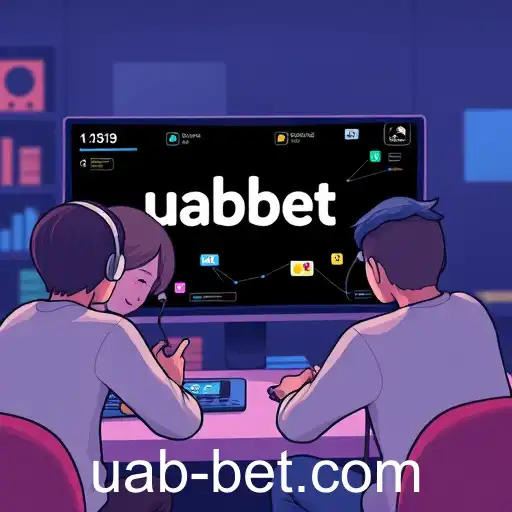
Exploring the dynamics of English game-based learning websites and their impact on education.
In recent years, online gaming platforms dedicated to educational purposes have seen a significant rise in popularity. Among these, 'uabbet' has emerged as a notable player, providing an engaging medium for learning English. The intersection of technology and education has driven the evolution of how languages are taught, with innovative methods captivating learners worldwide.
With 2025 witnessing unprecedented technological advancements, platforms like 'uabbet' have leveraged these developments to enhance their content and appeal. 'Uabbet' integrates interactive games with structured language tutorials, offering a unique learning experience. This approach capitalizes on the motivational potential of gaming to improve language skills among varied demographics.
Educational experts have commented on the potential of platforms such as 'uabbet' in democratizing language learning, particularly English, which remains a global lingua franca. By employing adaptive learning technologies, these platforms assess user progress and customize experiences to address individual learner needs, fostering both engagement and retention.
Phil Taylor, a leading tech educator, notes that while the traditional classroom setting still holds value, digital platforms extend reach and accessibility. "Platforms like 'uabbet' are breaking down geographical barriers," he remarked, highlighting how learners in remote areas can access quality educational resources online.
2025 has also seen heightened interest from investors in the edtech sector, with companies like 'uabbet' receiving significant funding to expand their offerings. This influx of investment is aimed at integrating more sophisticated AI-driven features, ensuring these platforms remain at the forefront of the educational revolution.
However, the rise of such platforms is not without challenges. Concerns around data privacy and ethical use of technology in education continue to prompt discussions amongst stakeholders. Regulation and policy development are expected to play crucial roles in shaping the future landscape of digital learning environments.
Despite these challenges, the dynamic field of online educational gaming is set to grow. As platforms like 'uabbet' continue to innovate, the potential for transformed educational experiences remains vast, promising a future where language learning is more accessible and effective for all.




